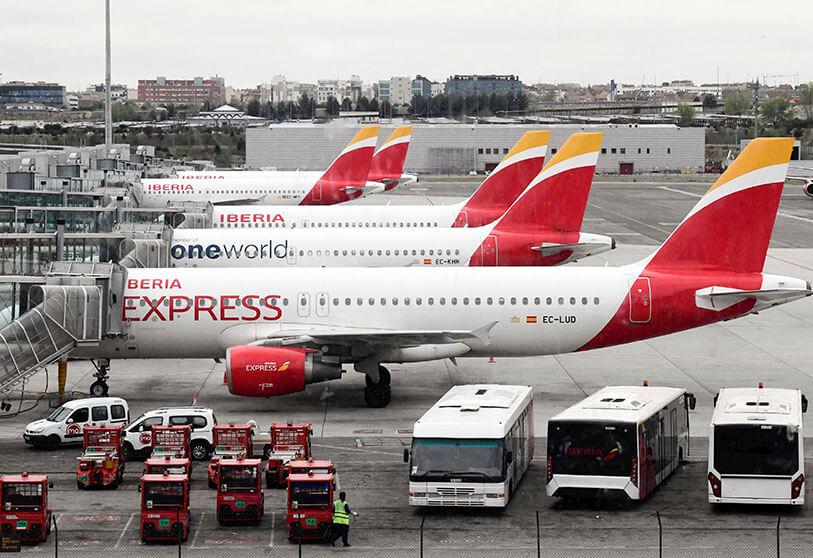One of the first human activities to have been affected by the rapid spread of the pandemic was air transport.The closure of the borders of many countries, the confinement of more than 4 billion human beings and the arresting of the global economy has brought a terrible blow to the sector - in the international Air Transport Association, the companies ofAeronautics could lose up to 25 million jobs worldwide, including 5.6 million for Europe alone.
Everywhere, companies flank despite the massive intervention of states.Everywhere, these planes which generally do not rest, sleep with closed fists.According to the research office Cirium, taken up by Bloomberg, more than 16.000 aircraft which are, in the world, nailed to the ground.
À lire aussiDividendes et rachats d'actions vont forcer les entreprises à licencierThe devices of this size and this nature not being twingos, one cannot simply store them in a parking lot or along a closed track while wisely awaiting the recovery of flights.Storing them on the ground represents a puzzle and a significant source of costs for airlines.

These Boeing and these Airbus, they must be maintained day by day, from nose to tail, tires to the carpet."No one thought we would need such a level of maintenance," said the boss of a specialized company based in New Dehli.
The engines must be pampered, both lubricated but protected from humidity by giant silica bags-very much that you sometimes find in your boxes of shoes, but in much larger.The sensors must be monitored, the flight controls and the pampering packed, the insects or the birds held remotely.
The wheels must work regularly - which assumes that the behemoths must be moved - so as not to wear out prematurely.The full of kerosene must be carried out, so that possible storms do not carry the devices like straw fetuses.Complete and regular cleaning of the cabins are also to be expected;A moldy carpet could cost expensive.
À lire aussiFaut-il sauver Virgin Atlantic?Such maintenance requires of course the place.An airport like that of Schipol, in Amsterdam, is full of planes at rest, distributed at each door and the rest aligned with unused tracks.Some companies take advantage of the endless and more important expanses, perfectly dry of the Mojave desert in the United States or the Australian Outback to park their aircraft there.
In addition to this permanent and compulsory maintenance, you must also pay the parking lot.Bloomberg notes that the cost is 1.000 dollars [921 euros] per day for a large plane at an Indian airport - without doubts much more in other places.
IATA asked governments to ensure that these costs are not applied during the time of the pandemic: for an industry facing $ 300 billion in losses this year by counting only the transport of passengers, thesesums can make the difference between survival or death.








